Associations considering judging safeguards, policies for tech
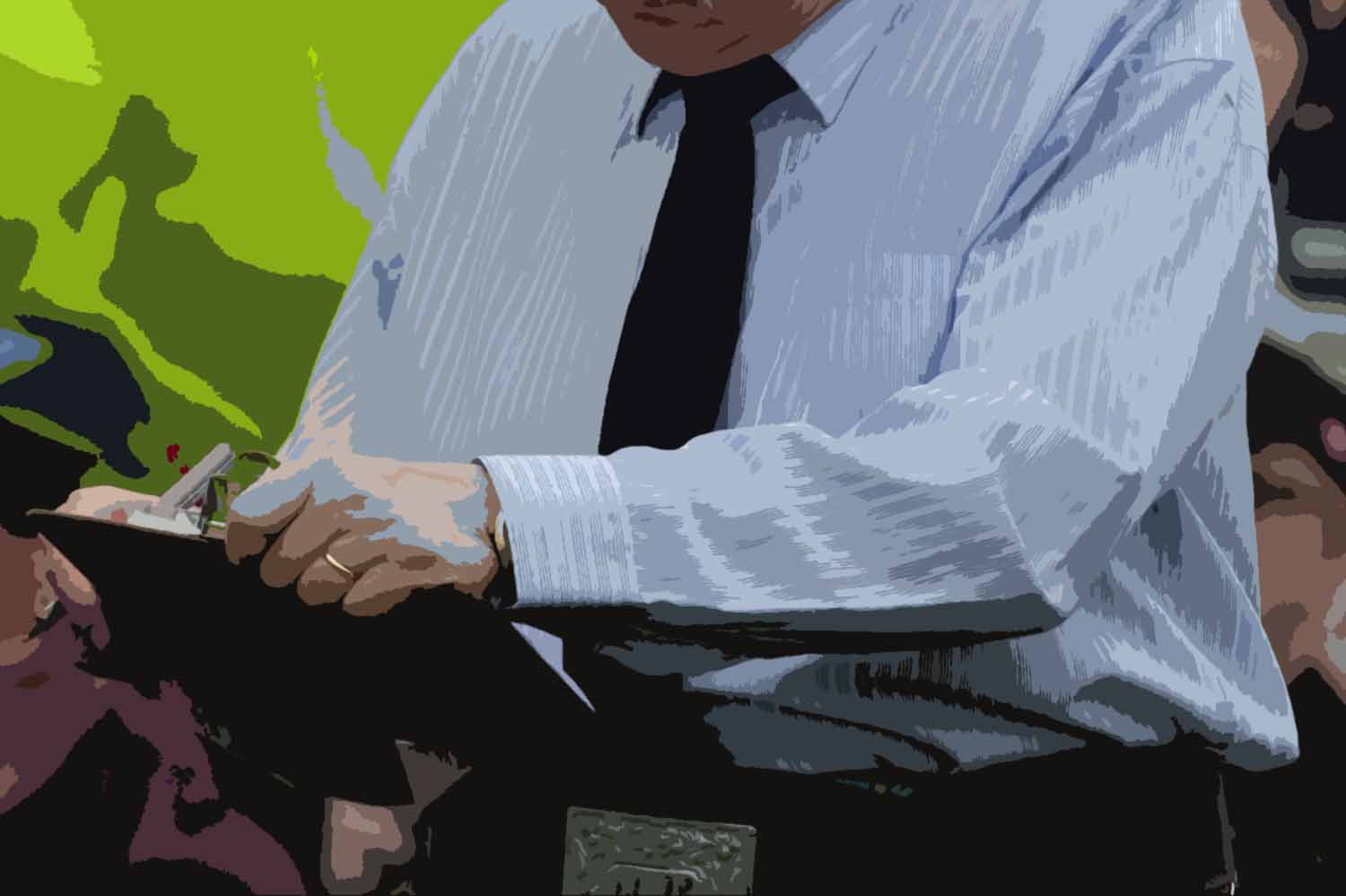 After the extraordinary and confusing exclusion of piping judge Nat Russell’s results from the Grade 1 MSR competition on Friday, August 18th, at the 2023 World Pipe Band Championships, several pipe band associations are considering rules or policies to prepare for such an eventuality.
After the extraordinary and confusing exclusion of piping judge Nat Russell’s results from the Grade 1 MSR competition on Friday, August 18th, at the 2023 World Pipe Band Championships, several pipe band associations are considering rules or policies to prepare for such an eventuality.
While the Royal Scottish Pipe Band Association has not communicated precisely what occurred to cause them to exclude Russell’s results, sources have alleged that it was due to the submission of an incomplete summary sheet required by the association to finalize results.
In an emergency meeting, RSPBA officials decided to exclude whatever results Russell submitted, if any, and have the Friday Grade 1 MSR result determined by the remaining piping, ensemble and drumming judges, substantially increasing the weight of the other piping judge’s score.
Russell’s rankings would have had to be dramatically out of sync with other judges for his placings to change the final Grade 1 prize list substantially. If the allegations are true that Russell submitted an incomplete summary sheet without all 16 bands ranked and then could not or refused to complete his summary, then the RSPBA’s decision might make sense. But without a procedural rule for such a circumstance, confusion and not a little upset unsurprisingly has occurred.
Such a situation, whether due to a procedural infraction, inability to correct duplicate scores, health issues or other potential circumstances, is exceedingly rare in the history of pipe band competition and unique in the globe’s most significant and most-watched pipe band competition.
The Mid-Atlantic Branch of the Eastern United States Pipe Band Association, the world’s biggest piping and drumming organization by individual members, will consider a motion at its annual general meeting that puts forward a possible safeguard:
“If a pipe band judge’s results cannot be used, the judge-nearest-discipline’s result will be doubled to tabulate the final placings: XP1=P2,P2,D,E / XD=P1,P2,E,E / XE=P1,P2,D,D”
The EUSPBA, like other larger associations, calls for motions to be tabled by and voted on via branch AGMs. If the motion is carried, it then goes to the association’s overall AGM for a vote. Often, the mover of the motion will agree to send the idea to the organization’s Music Board/Committee for deliberation and a refined recommendation.
Like every association after the World’s situation, the Pipers & Pipe Band Society of Ontario knows that a procedure should be in place to avoid upset and confusion, if not simply to abide by written rules. The PPBSO’s Music Committee Chair, Jim McGillivray, said, “At this point in time, I would be less interested in discussing what to do if a judge is discounted as I would be in what might discount a judge in the first place, other than illness or accident. It is a very, very rare thing.”
Midwest Pipe Band Association President Jim Sim said, “We have discussed the incident from the World’s, we will be making a small recording change to help with how we enter scores. We were going to do that before August, though. We are looking at a form of audio adjudication over the winter. It has been very interesting to find out about the process. This change would be more for the band’s education than administrative changes. We are still working on it.”
It is not known if the RSPBA has a judging policy in place in the event a judge’s results are not submitted or can’t be used at the 2023 World Solo Drumming Championships on Saturday, October 21st, the organization’s most important competition since the World’s.
Associations also considering use of technology
The EUSPBA Mid-Atlantic Branch will also consider a motion that attempts to address the use of technology, seemingly spurred by the introduction and use of the E-Bellaire external compressor that essentially blows the full instrument for a piper:
“There shall be no use of any kind of electronic technology or devices that have any kind of an impact on the solo or band performance. The only exception is the use of audio recordings as noted in solo drumming competitions.”
While the motion is ambiguously worded, it raises the ongoing issue of products that might give an advantage to a competitor. Maintaining a steady and in-tune tone on the fickle and ultra-sensitive mouth-blown Highland bagpipe is perhaps the biggest challenge in band and solo competition. Eliminating pressure concerns and moisture potentially goes a long way to solving that challenge.
“Clearly it’s time for a policy from pipe band associations on the use of electronic aids in competition.” – Jim McGillivray, PPBSO Music Committee chair
But since at least the 1980s, all manner of innovative products have been introduced with the promise of maintaining a more consistent sound, from plastic pipe chanters, to synthetic reeds and bags, to moisture control systems, to sound metres, to tension readers, to reed humidifiers and gauges. So far, no known rules prohibit a piper or drummer from augmenting their instrument with products beyond those made from non-traditional organic materials, much less non-analog “technology.”
Similarly, percussion instruments have dramatically changed, with synthetic drum heads introduced in the 1960s, super-strong hardware and shells, and head- and snare-tension readers. There have been no known rules in the last half-century that disallow such advancements, the players and the market, and, perhaps most importantly, the results determining what catches on.
“Clearly it’s time for a policy from pipe band associations on the use of electronic aids in competition,” the PPBSO’s McGillivray said. “Our Music Committee began discussions on this at our September meeting, and we’ll continue these at our next.”
According to its inventor, the patent-pending E-Bellaire was designed to allow pipers who have lost the ability to blow the full instrument to resume playing. It also arrives when associations are rightly conscious of enabling more pipers and drummers to compete, whether permitting bands to start in a circle formation, promoting wheelchair access, or allowing a non-playing guide to help a playing band member to the circle.
The E-Bellaire inevitably opens a conversation about inclusion and accessibility for those who need the product to participate.
Stay tuned for more on these topics over the Northern Hemisphere’s competition off-season.
What do you think? As always, your thoughts are welcomed, so please use our Comments feature below.


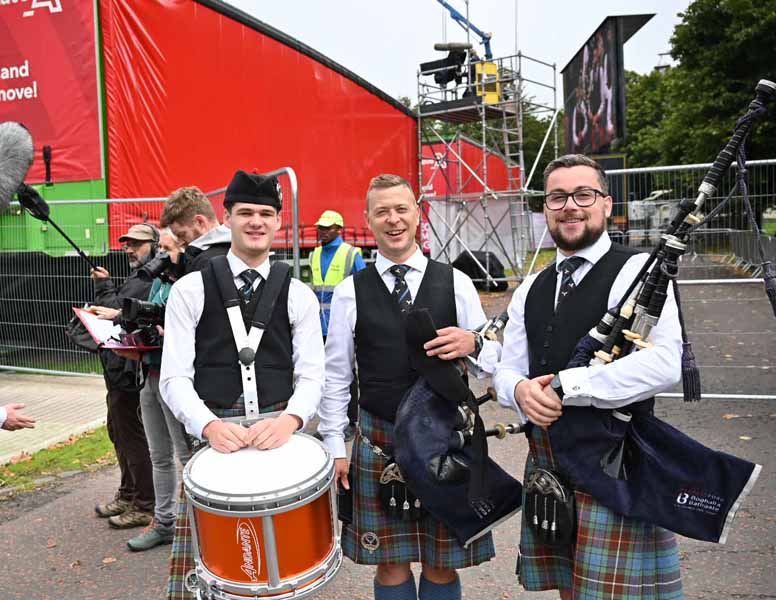
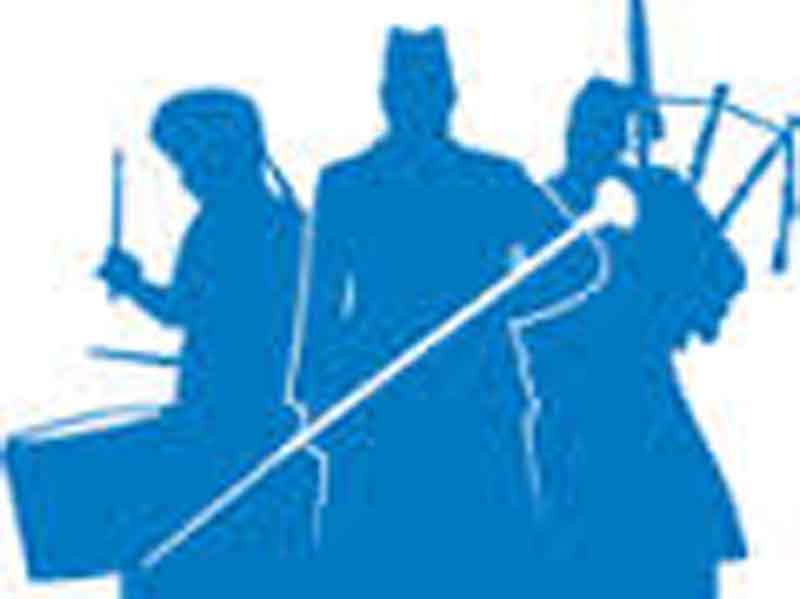
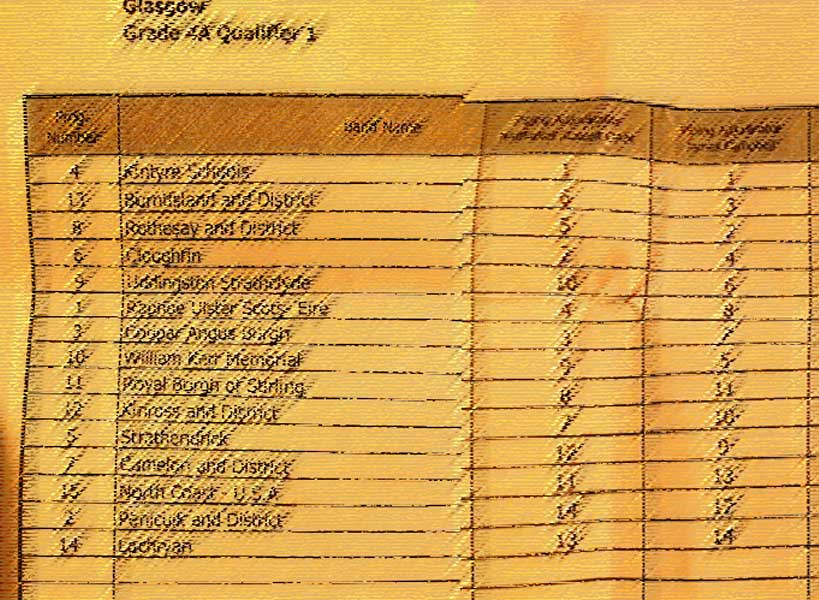
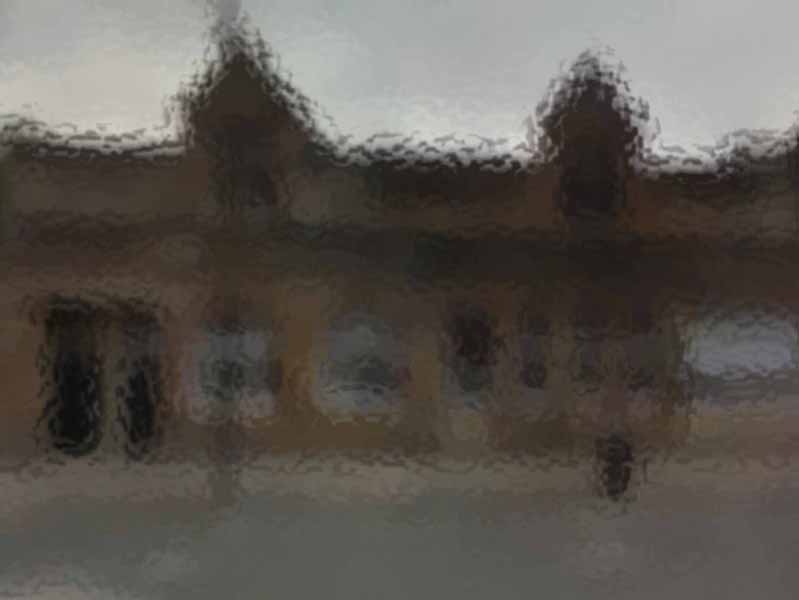
NO COMMENTS YET